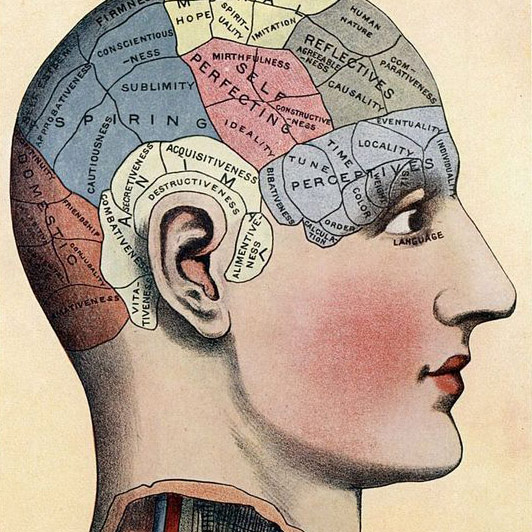MONDAY, Aug. 15 (HealthDay News) — Although many people think that flipping to the back of the book or knowing a story’s ending before it even starts will “spoil” it, a new study revealed knowing what happens in the end may actually help people enjoy a story even more.
Researchers from the University of California, San Diego added that this holds true for tales with ironic-twists, mysteries and suspenseful thrillers.
The investigators conducted three experiments involving 12 short stories written by various authors, including John Updike, Roald Dahl, Anton Chekhov, Agatha Christie and Raymond Carver. The stories fell into three categories: ironic-twist, mystery and literary.
Three versions of each story were prepared: unchanged without a spoiler; with an introductory spoiler paragraph; or with a spoiler paragraph seamlessly incorporated into the text. Each version was read by at least 30 people who had never read the story before.
The study, published in the Aug. 15 online edition of the journal Psychological Science, found the readers overwhelmingly preferred the spoiled versions of ironic-twist stories. Knowing how mysteries ended actually improved the stories for the readers, the researchers added. Although they liked the literary stories least of all, the readers still preferred the spoiled versions over those left unchanged.
The study authors pointed out, however, the spoilers helped only when offered in the introductory paragraphs, not incorporated into the stories.
The researchers offered two possible explanations for their findings. First, plots may be overestimated. “Plots are just excuses for great writing. What the plot is is (almost) irrelevant. The pleasure is in the writing,” the study’s co-author, Nicholas Christenfeld, a UC San Diego professor of social psychology, said in a university news release. “Monet’s paintings aren’t really about water lilies,” he said.
Another possible reason why readers may prefer “spoiled” stories is that they are simply easier to understand. Knowing what happens in the end may make the story easier for the brain to process.
“So it could be that once you know how it turns out, it’s cognitively easier — you’re more comfortable processing the information — and can focus on a deeper understanding of the story,” explained the study’s co-author, Jonathan Leavitt, of UC San Diego’s psychology department, in the news release.
From religion to entertainment, stories are a universally important part of human culture. The authors of the report concluded, however, that may not have as much to do with suspense as people believe.
“Perhaps,” they wrote, “birthday presents are better when wrapped in cellophane, and engagement rings are better when not concealed in chocolate mousse.”
More information
The U.S. National Institute of Neurological Disorders and Stroke provides more information on the human brain and how it works.

